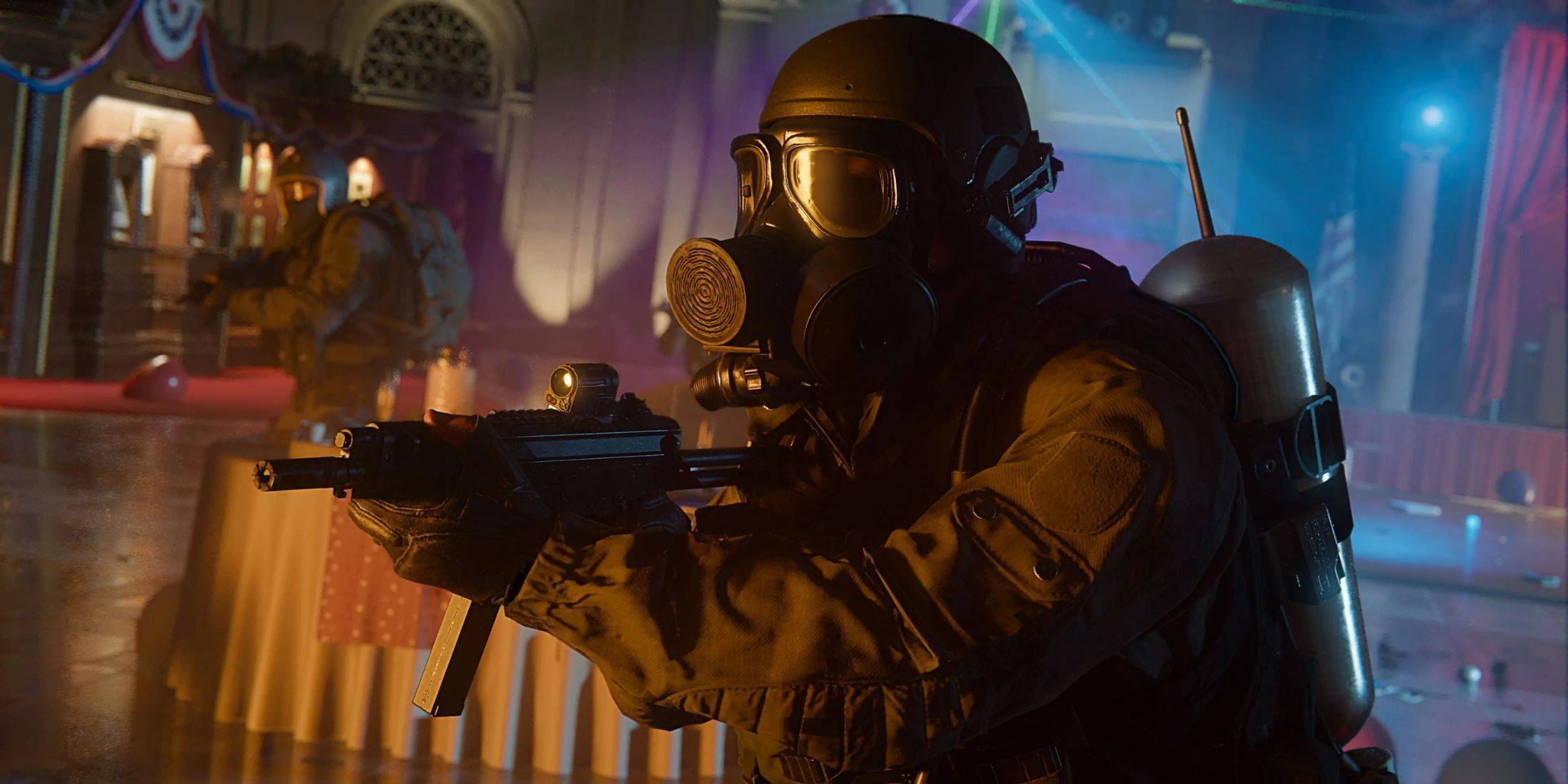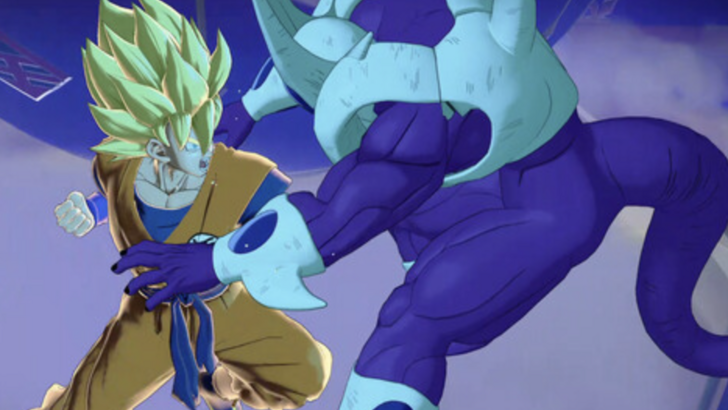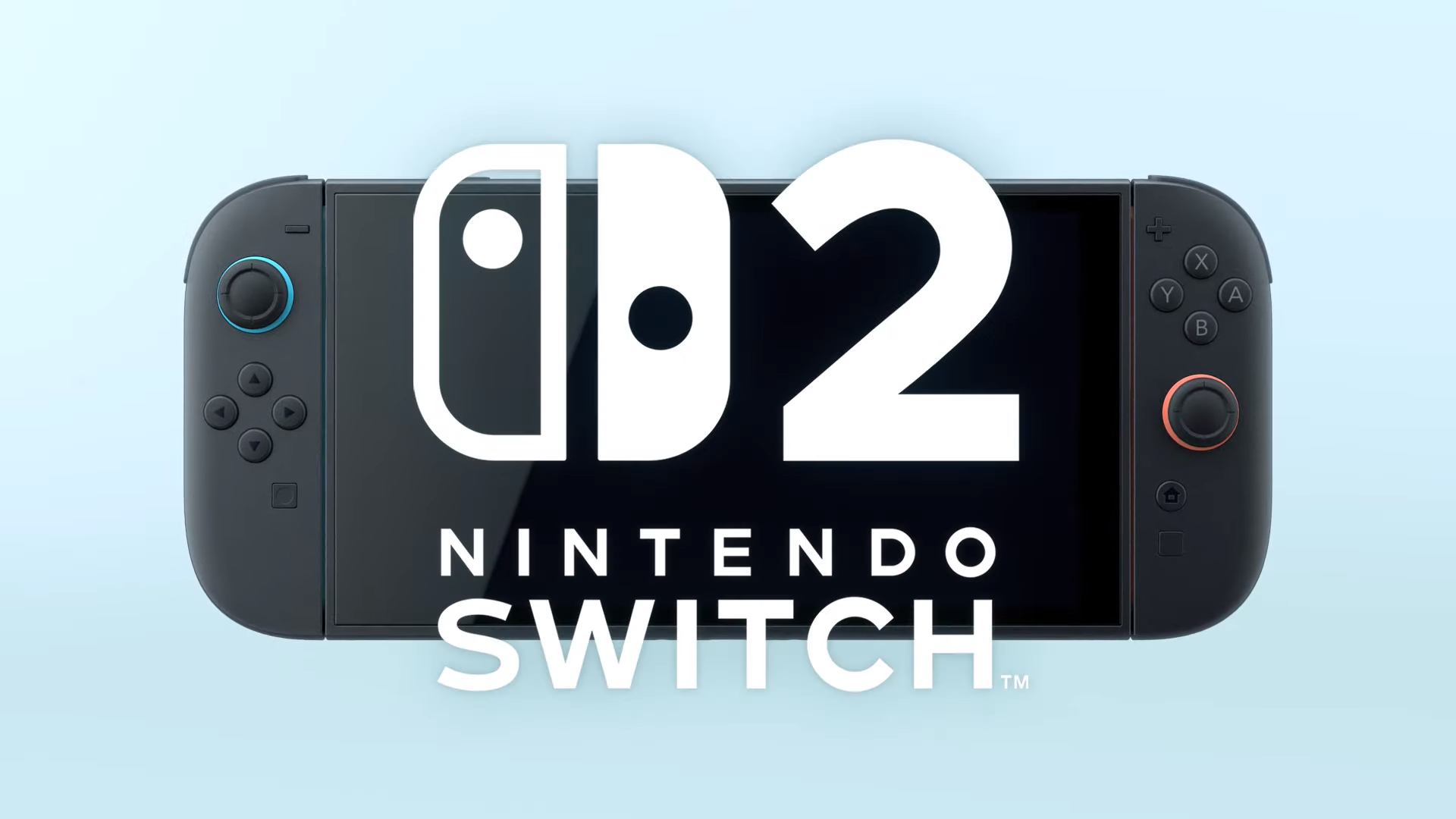Ubisoft Restructuring: Stakeholder Demands Draw Attention
- By Natalie
- Jan 06,2025
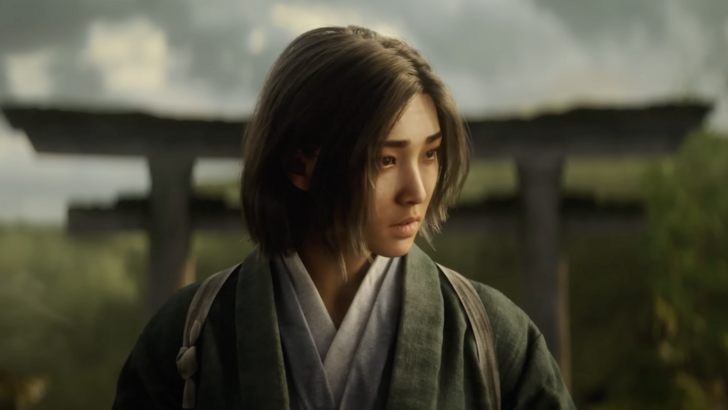 Following a string of underperforming releases and setbacks, Ubisoft faces pressure from an investor demanding a management overhaul and staff reductions.
Following a string of underperforming releases and setbacks, Ubisoft faces pressure from an investor demanding a management overhaul and staff reductions.
Minority Investor Calls for Ubisoft Restructuring
Aj Investment Claims Last Year's Layoffs Insufficient
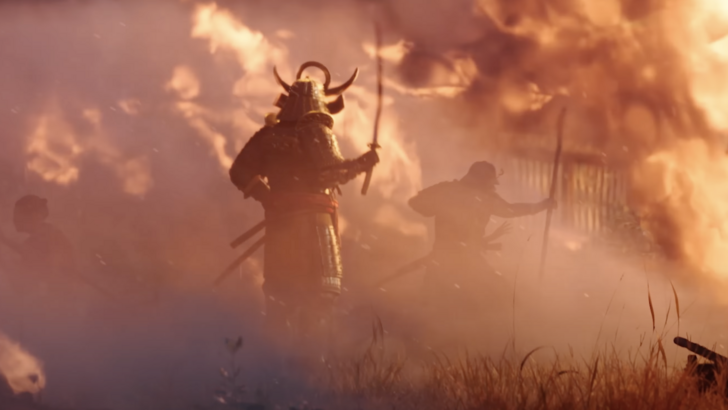 Aj Investment, a minority shareholder, has publicly urged Ubisoft's board, including CEO Yves Guillemot and Tencent, to take the company private and install new leadership. In an open letter, the investors expressed deep dissatisfaction with the company's performance and strategic direction.
Aj Investment, a minority shareholder, has publicly urged Ubisoft's board, including CEO Yves Guillemot and Tencent, to take the company private and install new leadership. In an open letter, the investors expressed deep dissatisfaction with the company's performance and strategic direction.
The letter cites the delayed release of key titles like Rainbow Six Siege and The Division (pushed to late March 2025), a lowered Q2 2024 revenue forecast, and overall poor performance as major concerns. Aj Investment explicitly proposed replacing Guillemot, advocating for a new CEO to optimize costs and studio structure for improved agility and competitiveness.
This pressure has impacted Ubisoft's stock price, which, according to the Wall Street Journal, has fallen over 50% in the past year. Ubisoft has yet to publicly respond to the letter.
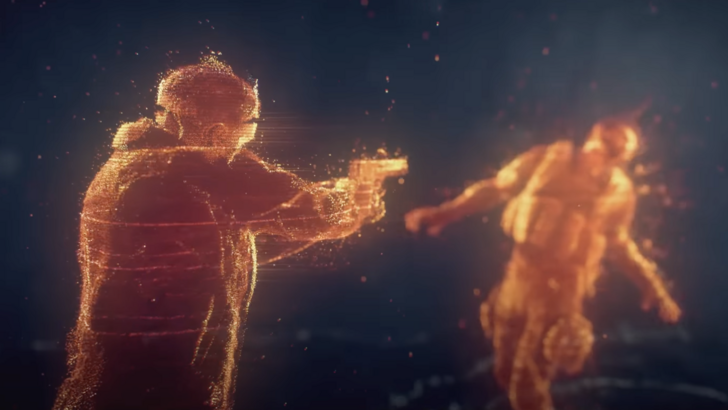 Aj Investment contends that Ubisoft's low valuation compared to its peers stems from mismanagement and that shareholders are being exploited by the Guillemot family and Tencent. The investor criticizes the company's focus on short-term gains rather than a long-term strategy focused on delivering exceptional gaming experiences.
Aj Investment contends that Ubisoft's low valuation compared to its peers stems from mismanagement and that shareholders are being exploited by the Guillemot family and Tencent. The investor criticizes the company's focus on short-term gains rather than a long-term strategy focused on delivering exceptional gaming experiences.
Aj Investment's Juraj Krupa further criticized the cancellation of The Division Heartland and the underwhelming reception of Skull and Bones and Prince of Persia: The Lost Crown. He also highlighted the underperformance of several established franchises, including Rayman, Splinter Cell, For Honor, and Watch Dogs. While Star Wars Outlaws was anticipated to boost performance, its reportedly weak sales have contributed to the recent stock decline. The company's share price is at its lowest since 2015, down over 30% year-to-date.
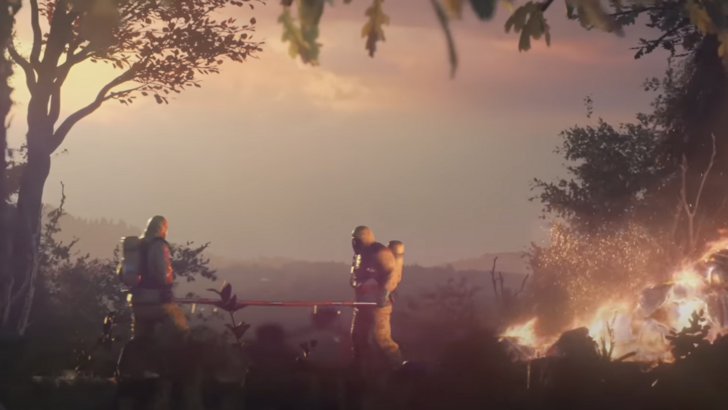 The letter also proposes significant staff reductions, citing the higher revenue and profitability of competitors like EA, Take-Two Interactive, and Activision Blizzard despite employing fewer staff. Ubisoft's 17,000+ employees are contrasted with EA's 11,000, Take-Two's 7,500, and Activision Blizzard's 9,500.
The letter also proposes significant staff reductions, citing the higher revenue and profitability of competitors like EA, Take-Two Interactive, and Activision Blizzard despite employing fewer staff. Ubisoft's 17,000+ employees are contrasted with EA's 11,000, Take-Two's 7,500, and Activision Blizzard's 9,500.
Krupa urges cost-cutting and staff optimization to enhance operational efficiency, suggesting the sale of studios not crucial to the development of core IPs. He points to Ubisoft's 30+ studios as an overly large and inefficient structure. While acknowledging previous layoffs (approximately 10% of the workforce), Krupa argues that further action is necessary to remain competitive, stating that the announced cost-cutting measures are insufficient.
Latest News
more >-
-
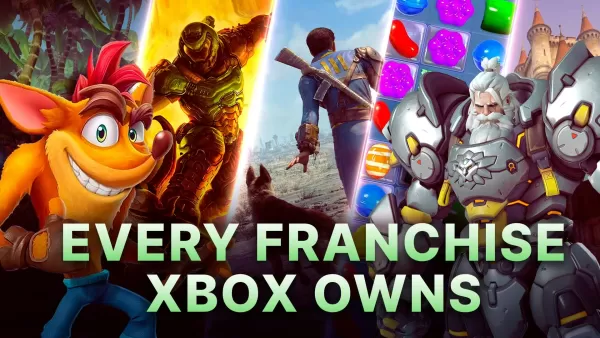
-

- June Go Pass: Catch Articuno in Pokémon Go
- Nov 12,2025
-
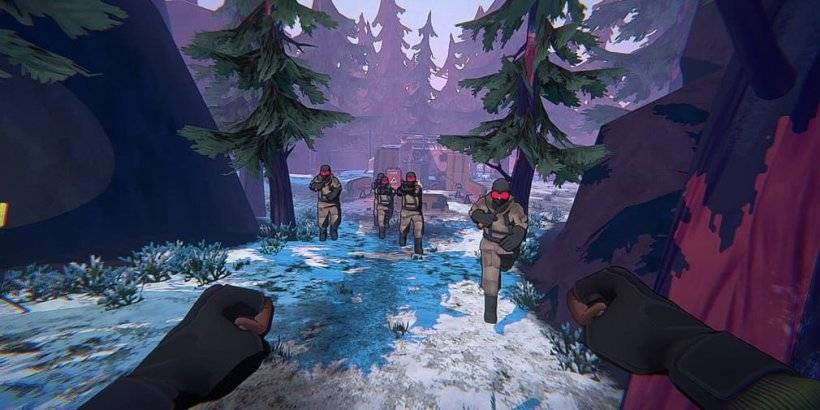
-


